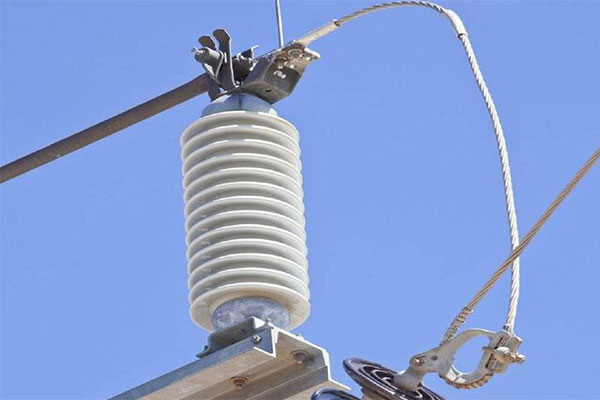- January 6, 2023
- Posted by: wellcoindustries
- Category: Insulator

An electric insulator is a material that does not conduct electricity. This means that when an electric current is applied to an insulator, it does not allow the flow of electricity through it, and the material remains neutral. Electric insulators play a crucial role in the transmission and distribution of electricity, as they are used to support and protect electrical wires and cables.
Types of Electric Insulators
There are various types of electric insulators, including glass, porcelain, air, and rubber. Glass and porcelain insulators are commonly used in overhead power transmission lines, as they have high mechanical strength and can withstand extreme temperatures. Air insulators are also used in overhead power lines, as air is a good insulator and can provide a barrier between the live wire and the ground. Rubber insulators, on the other hand, are used in electrical cables and equipment, as they have the ability to withstand the bending and twisting that occurs during use.
The Role of Electric Insulators
Electric insulators are essential in the transmission and distribution of electricity, as they prevent the flow of electricity from one conductor to another. This is important because electricity can be dangerous, and if it were to escape from its intended path, it could cause damage to equipment or harm to people. Electric insulators also play a vital role in the safety of electrical systems, as they help to prevent short circuits, which can cause fires or other accidents.
Applications of Electric Insulators
Electric insulators are also used in electrical devices, such as transformers and generators, to isolate the electrical components from each other and the outside environment. This helps to prevent electrical accidents and ensures that the device is functioning correctly.
In addition to their use in electrical systems, electric insulators have many other applications. For example, they are used in the construction industry to insulate buildings and homes, and in the automotive industry to insulate electrical components in cars and other vehicles. Electric insulators are also used in medical equipment and in the aerospace industry to protect sensitive electronic components from interference.
Overall, electric insulators are an essential component of any electrical system. They help to keep electricity flowing safely and efficiently, and are used in a wide range of applications to protect people and equipment from the dangers of electricity.
